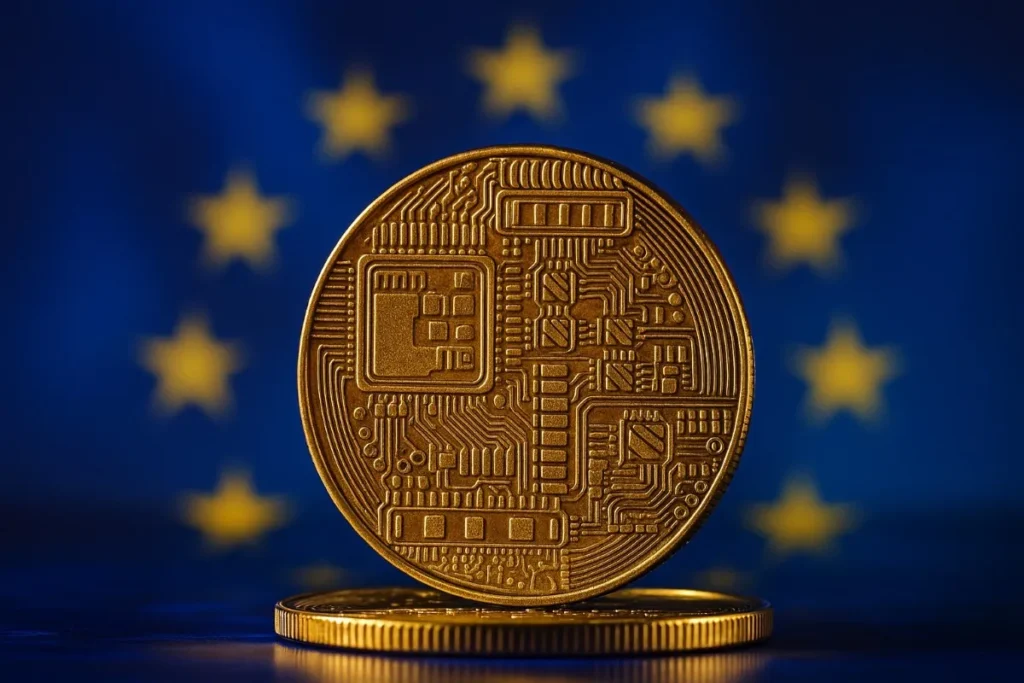By 2024, the debate around the digital euro had shifted from theory to implementation — and the banking sector was determined to shape the outcome. As the European Central Bank (ECB) and lawmakers in Brussels advanced preparations, Europe’s commercial banks raised red flags over the potential impact of a central bank digital currency (CBDC) on the financial system.
The European Banking Federation (EBF), representing more than 3,500 banks, warned that without proper safeguards, a digital euro could drain deposits from private institutions. In public statements and consultations, the EBF argued that if citizens were allowed to hold large balances in digital euros, it might reduce banks’ ability to lend to businesses and households.
“The digital euro must not undermine the role of banks in financing the economy,” said EBF CEO Wim Mijs in a 2024 policy paper. “It should be designed to strengthen Europe’s payments ecosystem, not fragment it.”
To address these concerns, the ECB reaffirmed that limits on individual holdings — estimated around €3,000 per person — would likely be part of the system’s design. ECB Executive Board member Fabio Panetta explained that such caps would prevent “massive shifts of funds” from commercial banks to central bank accounts, especially during financial stress.
Banks also pushed for clarity on their role as intermediaries. Many called for a “two-tier model” in which financial institutions would distribute and manage digital euro wallets on behalf of the ECB, ensuring continuity with existing payment services. This model, already favored by the ECB, would preserve competition among private providers while maintaining the euro’s public nature.
At the same time, several major European banks began to adapt. Institutions such as Deutsche Bank, BNP Paribas, and CaixaBank launched research partnerships and pilot projects to test potential digital euro applications and wallet integrations. Fintechs, too, saw new opportunities in programmable payments and cross-border transactions.
Despite early resistance, the industry gradually recognized the potential benefits of the digital euro — including faster settlement, lower transaction costs, and improved resilience against global payment system outages. Some banking groups even suggested the digital euro could help strengthen Europe’s autonomy in the face of growing dominance by U.S. and Chinese payment networks.
By late 2025, the tone of the debate had evolved from outright opposition to cautious cooperation. With legislative work in Brussels nearing completion and the ECB preparing for pilot testing, banks began positioning themselves not as obstacles, but as essential partners in Europe’s digital monetary future.
The challenge now is balancing innovation and stability — ensuring the digital euro enhances Europe’s payments landscape without weakening the foundations of its financial system.
